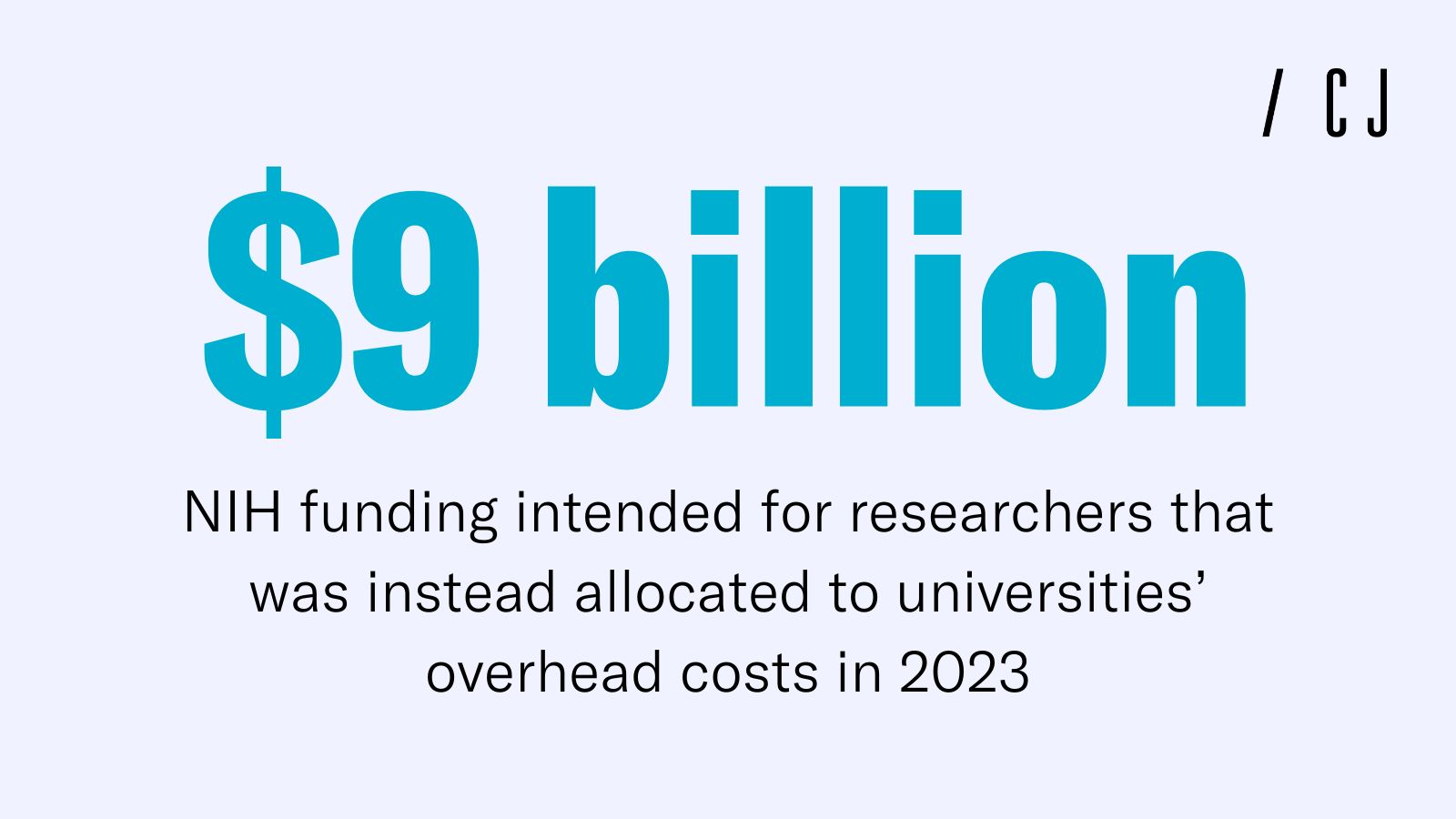|
Forwarded this email? Sign up for free to have it sent directly to your inbox. |
|
|
Good morning,
Today, we’re looking at the latest in the ongoing Eric Adams saga, the nation’s still-unaffordable housing market (and why Wall Street isn’t to blame), big cities’ economic strength, and why banning conversion therapy can put kids at risk.
Don’t forget to write to us at editors@city-journal.org with questions or comments. |
|
|
The drama surrounding Eric Adams’s mayoralty may be reaching its final act.
Four of his deputy mayors, including First Deputy Mayor Maria Torres-Springer, abruptly resigned on Monday, intensifying pressure on Adams after the Justice Department’s controversial decision to dismiss corruption charges against him. The dismissal, along with Adams’s exchange with Trump border czar Tom Homan on Fox & Friends, has created the appearance of a quid pro quo with the Trump administration on immigration.
The fallout has been swift: city officials are calling for Adams’s resignation or removal, and Governor Kathy Hochul is reportedly considering whether to remove him herself. If Adams is forced out before March 26, New York City would be thrown into an 80-day special election—a political free-for-all that could reshape the city’s leadership, writes Manhattan Institute fellow and City Journal contributing editor John Ketcham.
In this chaotic race, Hochul’s one-time government partner and current political rival, Andrew Cuomo, could emerge as a major contender, thanks to his high name recognition and centrist appeal. But Adams isn’t going quietly, and Hochul now faces a no-win decision: remove him and risk chaos—or let him stay and own the results.
Read the article here. |
|
|
| The resignation of four New York City deputy mayors is the latest setback for the scandal-plagued mayor. |
|
|
For several years, high interest rates and limited supply have made it daunting for many Americans to buy a home. But instead of addressing the real reasons for the housing crisis, lawmakers are blaming hedge funds and big investors, accusing them of driving up prices by buying single-family homes—and they’re introducing legislation to curb the practice.
“Democrats in Congress have introduced a slew of bills aimed at punitively taxing hedge funds and other institutions involved in the single-family housing market,” writes Patrick T. Brown, a fellow at the Ethics and Public Policy Center. “Republicans have gotten in on the act, too—nine states, including Texas, Arizona, and Utah have introduced bills to block corporate ownership of single-family homes, with more on the way.”
As Brown notes, investors buying single-family homes weren’t the cause of today’s high rates and low supply; they’re just a symptom. Read what he thinks policymakers can do to help to ease the nation’s affordability woes. |
|
|
Big cities play an important role in the U.S. economy—New York City alone generates nearly 5 percent of the nation’s GDP. But is that strength really a product of size, or is something else at work? Manhattan Institute fellow Robert VerBruggen assesses some fascinating recent research on the topic here. |
|
|
Twenty-three states, including deep-red Kentucky, ban so-called “conversion therapy.” These laws generally prohibit any intervention that seeks to change a person’s sexual preferences or gender identity.
While ban proponents may have had noble intentions, argues Manhattan Institute policy analyst Joseph Figliolia, the measures have in practice discouraged therapists from helping gender-distressed kids come to terms with their bodies—harming the very children they are intended to help. Read his piece here. |
|
|
Photo credits: Michael M. Santiago / Staff / Getty Images News via Gerry Images |
|
|
A quarterly magazine of urban affairs, published by the Manhattan Institute, edited by Brian C. Anderson. |
|
|
Copyright © 2025 Manhattan Institute, All rights reserved. |
|
|
|




